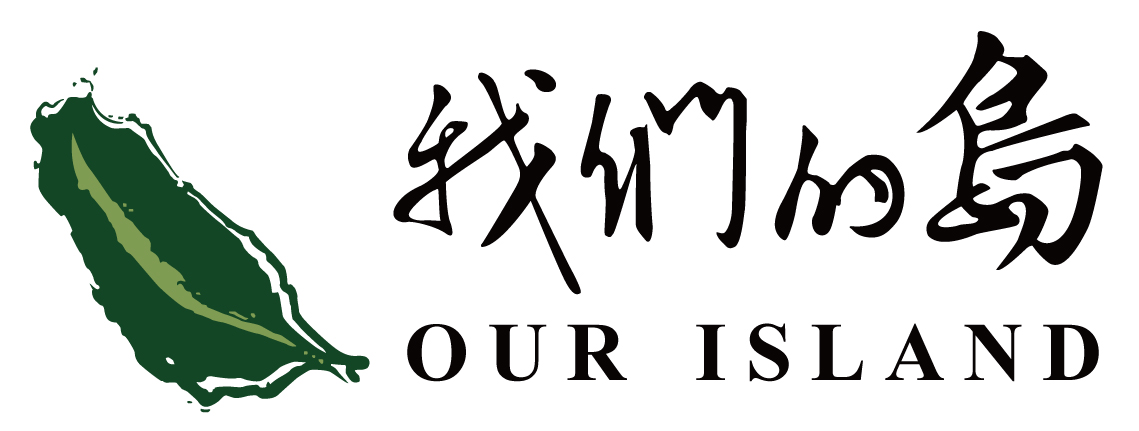Ke Chin-Yuan, is a documentary director and a Taiwan Public Television Service producer who, in 1998 launched “Our Island” on Taiwanese terrestrial television as the only weekly programme that documented the environmental issues and local ecology of the island.
The programme remains the most comprehensive and important visual database of the Taiwanese environment, and Our Island: 30 Years of Environmental Change in Taiwan brings together three decades of Ke’s documentation. For Taipei Biennial, twenty-one of Ke’s films, spanning from the early 1980s to 2018, have been re-edited into independent documentaries. These programmes—which also display the way in which documentary-making has drastically evolved—follow issues as diverse as Taiwanese land reclamation, dam construction, nuclear power and energy production, forest conservation, coral reef conservation, marine pollution, wildlife conservation, island management, fishery resources, wildlife trafficking, public hazards, coastal and mountainside development, land expropriation, farmland pollution, fishery management, water and marine conservation, and environmental social movements.
Closely commenting on “Our Island”, Ke’s recent new feature, The Age of Awakening revisits the first generation of environmental journalists and demonstrators, considering their different approaches while combing through the significant environmental incidents and movements of the last three decades. These range from residents’ movements against the development of a DuPont titanium dioxide plant in Lukang, or and Lize Sixth Naphtha Cracking Project by Formosa Plastics, to more recent demonstrations about nuclear power and air pollution. Between these two seminal film works, Ke examines the history of environmental problematics in Taiwan and questions whether the country has moved forward.
KE Chin-Yuan, born 1962 in Taiwan, lives and works in Taipei.
“Our Island” was first broadcast on 1 November 1998 by the news department of Public Television Service Foundation, Taiwan.


Display designers
Ken CHEN, Wen-Ching HSU